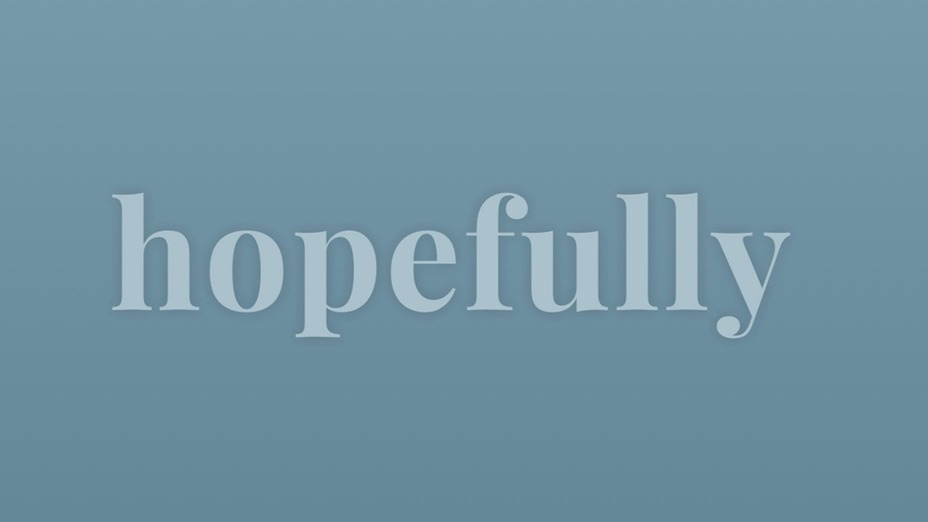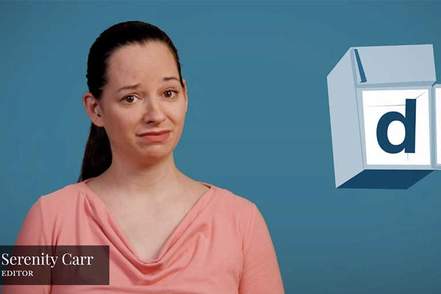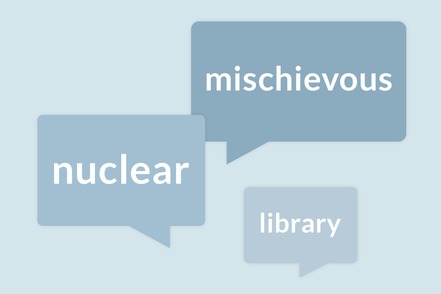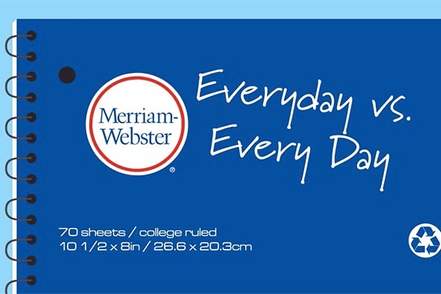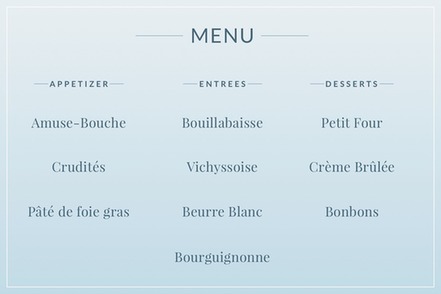TRANSCRIPT
Welcome to Ask the Editor, I'm Peter Sokolowski,Editor at Large at Merriam-Webster.
Everybody has a pet peeve about English. One we sometimes hear about is the use of the word hopefully to mean, I hope, as in, "Hopefully, it won't rain tomorrow."
This use of hopefully seems to have started in the U.S. rather than Britain, and had a kind of explosion of popularity around 1960. The surge in popularity brought about a surge of criticism. This usage really got on some people's nerves.
The peeve argument usually goes like this:
Since the word hopefully originally meant in a hopeful manner, it can't possibly also mean, I hope.
Those who have this particular peeve believe that it's completely illogical or nonsensical to use the word this way. Some commentators have even warned that the word's original meaning, in a hopeful manner, would somehow be lost as the newer sense spread. But that makes no sense.
Plenty of words have multiple senses and we all use them without difficulty. Nobody has forgotten what a cookie or a mouse is just because we also use those words with new meanings today.
The fact is, some adverbs can be used in two different ways.
In, "You can speak frankly with us," frankly modifies a single word. Here it would be called an adverb of manner. But in, "Frankly, I think your essay needs more work," it modifies a whole sentence, and would be called a sentence adverb or a disjunct. Disjuncts are an efficient way to comment directly on the content of a sentence. A few other sentence adverbs that function in a similar way are interestingly, clearly, luckily, and unfortunately.
The fact is, the language changes just fast enough for us to notice, and when people notice changes, there's often a harsh reaction. The main complaint about the sentence adverb hopefully was that it was new, but it's not new anymore.
Look for more segments of Ask the Editor here at merriam-webster.com.
